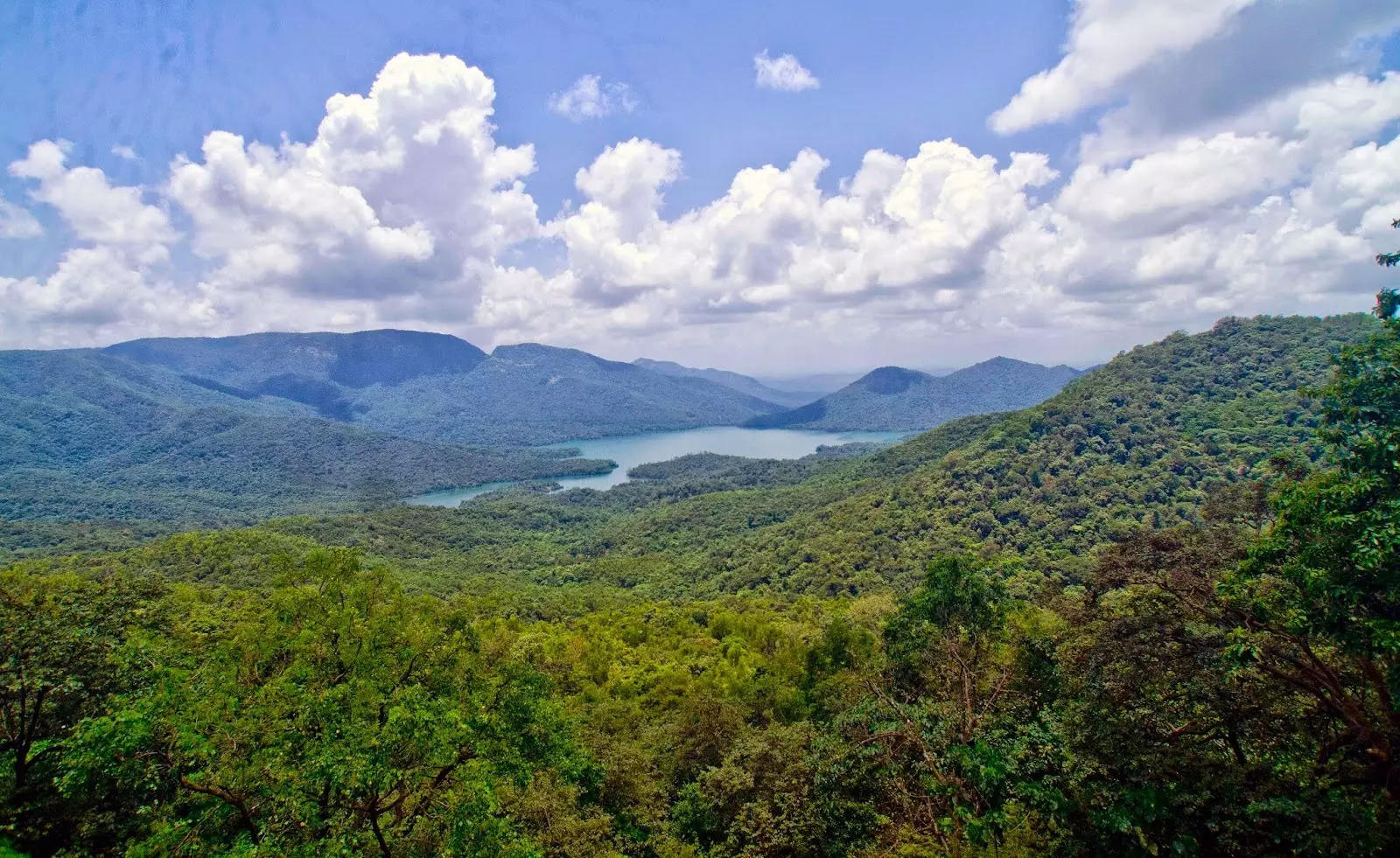[ad_1]

A policy for the promotion and regulation of agro eco-tourism (AET), which was presented to chief minister Pramod Sawant recently, proposes the setting up of AET centres in villages with Krishi cardholders, government-aided bodies and self-help groups as its members. Aimed at helping visitors experience life in rural Goa, such a centre could be a spice plantation, an space that grows aromatic and medicinal plants, or a nursery. It could also be an orchard, greenhouse or a recreational fisheries farm.
As per the policy, the total area of construction — whether temporary or permanent in nature — should not exceed 10 per cent of the total area of the AET centre concerned. Residences or cottages for guests should be built with eco-friendly material and should mirror Goan architecture, it says. Storeyed buildings will not be permitted. Activities such as fish and poultry farming, as well as beekeeping and farm stays will be open for visitors and tourists.
Drafted by the Indian Council of Agricultural Research (ICAR) – Central Coastal Agricultural Research Institute, the policy makes a strong case for the organisation of harvest festivals or events to celebrate ethnic food, wine and other spirits.
It has visualised a single-window system to promote ease of doing business, and has even recommended a one-time grant for restoration of heritage houses and traditional farms. An official in the know said the policy’s thrust is on sustainable agriculture and conservation of biodiversity. To this end, integrated farming practices will be promoted along with organic and natural farming. The AET centres, the official said, will have to carry out activities adhering to soil and water conservation practices, and will have to give priority to renewable energy sources. They will also be marked as no-plastic zones, and the food and beverages they serve will have to strictly be local.
A committee headed by tourism secretary as chairperson has been proposed to be formed to look into problems that may crop up in attaining the objectives of the policy.
[ad_2]
Source link






